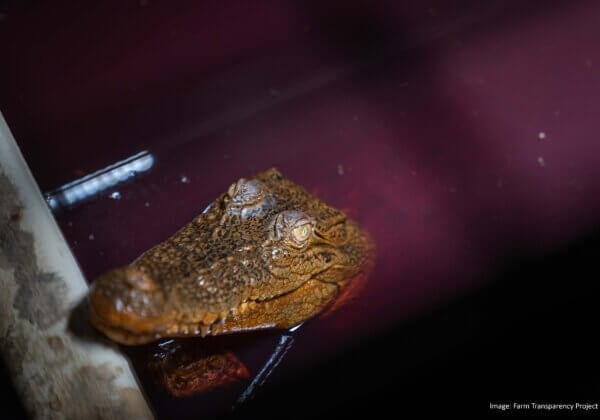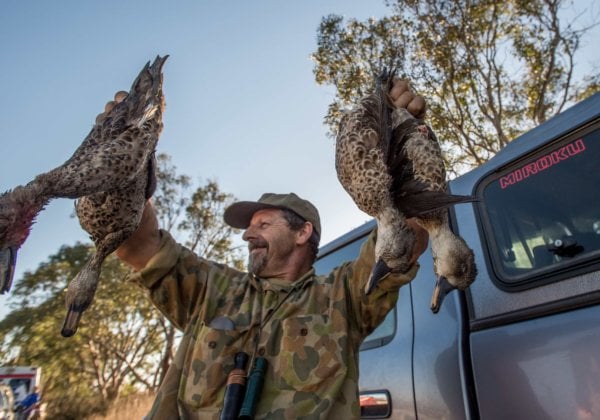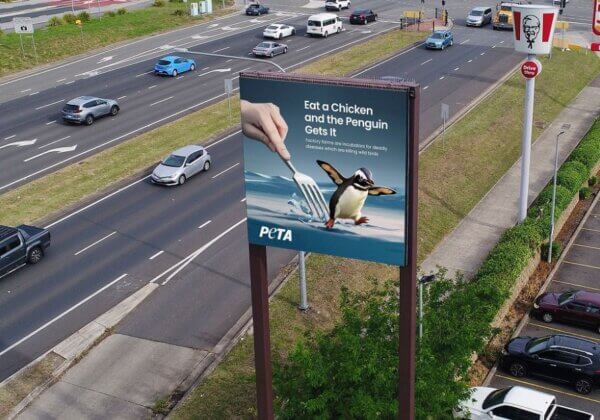PETA’s Position on Poisoning Mice
Update: 5 June 2021
The government has announced a $1.8 million package to “fast-track the delivery of next generation ‘gene drive’ technology to control future plagues”. While no approach is perfect, biocontrol methods will reduce the countless number of mice suffering in traps and enduring slow, painful deaths from being poisoned, in addition to preventing the poisoning of the species who eat them. Learn more.
***
Parts of Australia are yet again experiencing huge influxes of mice. While these animals are clever, interesting individuals, we appreciate that having thousands of them appear on your property is less than ideal.
Rural Australia has been flagging the problems caused by a mouse population boom, spurred on by an abundant grain harvest, since the beginning of the year. And it’s hardly the first time we’ve seen such a spike – “plagues” are consistently reported following summer rain after years of drought.
After months of delay, the New South Wales government last week announced it would use a new, strong poison and spruiked it as “napalm” for mice. Leading rodent experts questioned the plan, warning that its use came with a high risk of killing native and domestic animals as well.
Dr Peter Brown, leader of the rodent management research team at the CSIRO told The Guardian:
“The anti-coagulants can accumulate up through the food chain, and so birds of prey or other animals can be feeding on dead mice and they could potentially get a lethal dose themselves through secondary poisoning.”
It’s often said that an ounce of prevention is worth a pound of cure.
Ideal breeding conditions for mice require high moisture (rainfall) and plentiful food supply, so practical exclusion and deterrent methods should have started at the beginning of the summer.
The government’s failure to keep the mouse population in check through a long-term plan of deterrents has left farmers struggling to protect their crops from mice who are simply struggling to eke out an existence.
Mice feel pain and fear, just as dogs, cats, and farmers do. If they are going to be killed, it is only ethical and right to do so as painlessly as possible, not with gut-wrenching poisons that cause slow, agonising deaths to mice or other animals who may eat the poison or its victims.
These baits contain anti-coagulants which cause animals to die from internal bleeding. They cause difficulty breathing, weakness, vomiting, seizures, and abdominal swelling. No one deserves to die like this.
We’re calling on the government and wildlife experts to look for a better way to deal with this problem in future. If this makes us “idiots” to politicians looking for a punching bag and news organisations looking for a controversial headline, then so be it.
https://www.facebook.com/watch/?v=1791069927769418







